On the morning of April 8, a five-member delegation from the State Grid Corporation of China (SGCC) DC Center visited the Department of Electrical Engineering and Applied Electronics (EEA) for an in-depth discussion on topics such as Party building cooperation, research collaboration, and training programs. The delegation included Wang Xisheng, Party Secretary and Deputy Director; Xu Haijun, Party Committee Member and Deputy Director; Gao Hualing, Director of the Party Building Department; Zhang Guohua, Director of the Technology Department; and Zhang Ping, Director of the Training Department. They were received by Kang Chongqing, Dean of EEA; Yu Zhanqing, Deputy Party Secretary; Liu Lin, Party Committee Member; Cui Bin, Assistant Researcher; and Zi Zhenning, Party Branch Secretary of the Institute of Energy Internet, totaling five representatives. The meeting was chaired by Yu Zhanqing.
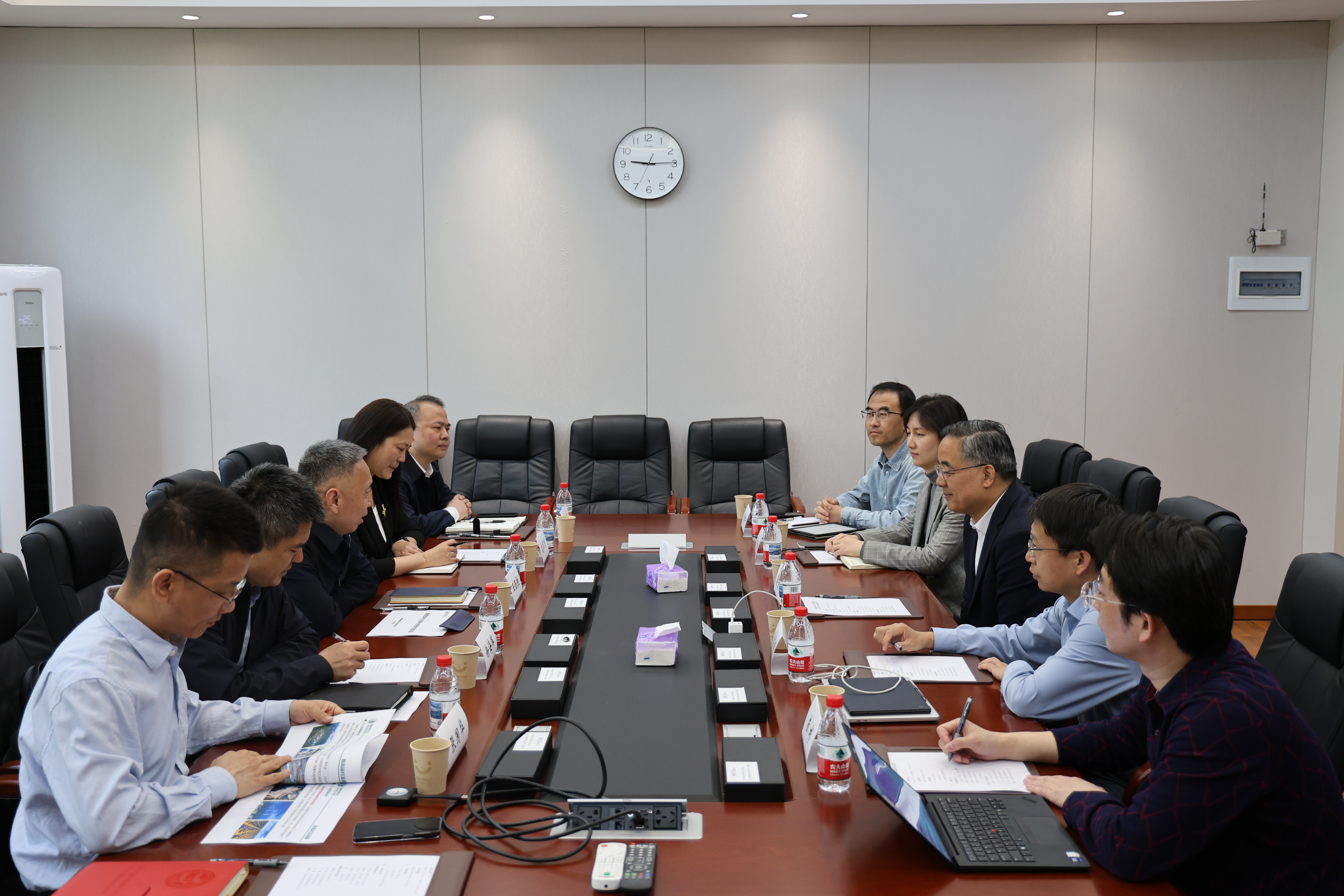
Wang Xisheng and other SGCC DC Center leaders provided a brief introduction to the center, the technical challenges it faces, and recent work progress. They outlined the center’s technical needs in areas such as DC transmission, reliability enhancement, and operation and inspection technologies, and presented specific collaboration proposals with the department: they hoped for strong support from the department in new DC technology pathways, high-reliability technology research, and intelligent operation and inspection technologies. They emphasized that the cooperation should be guided by the concept of "Party building as the lead," and should promote high-quality development in the energy and power sector through enhanced technical cooperation, resource sharing, and joint training efforts.
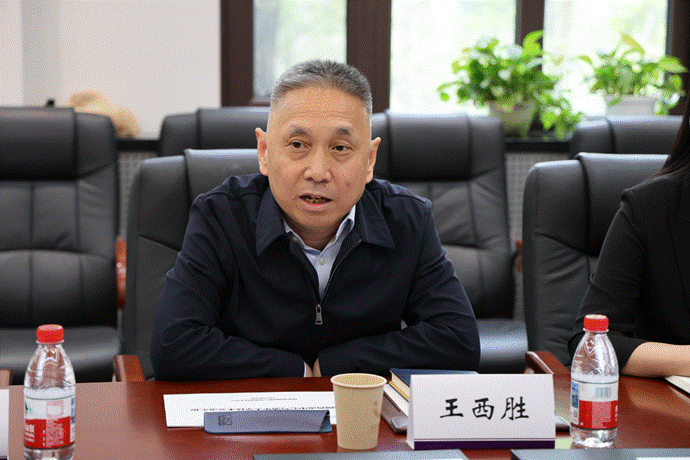
Kang Chongqing welcomed the delegation from the SGCC DC Center and highly praised the center’s research progress and achievements. He responded to the three proposed areas of cooperation with five concrete suggestions. He noted that the department currently has strong innovation in DC technology and, with SGCC’s support, has actively promoted engineering applications. In terms of reliability, the department has deep technical expertise that can support SGCC DC Center in making valuable explorations. Leveraging SGCC’s vast operational data, the department is willing to apply artificial intelligence and other technologies to help develop operation platforms. Regarding technological innovation, he suggested that the SGCC DC Center increase its efforts in promoting demonstration platforms and related fields at the national level. For future cooperation, he expressed the department’s hope to collaborate deeply with SGCC in fields such as artificial intelligence, international power system analysis, and technical training with the Sichuan Institute, while also exploring innovative models for integrating Party building with professional work to jointly support the national “dual carbon” strategy.
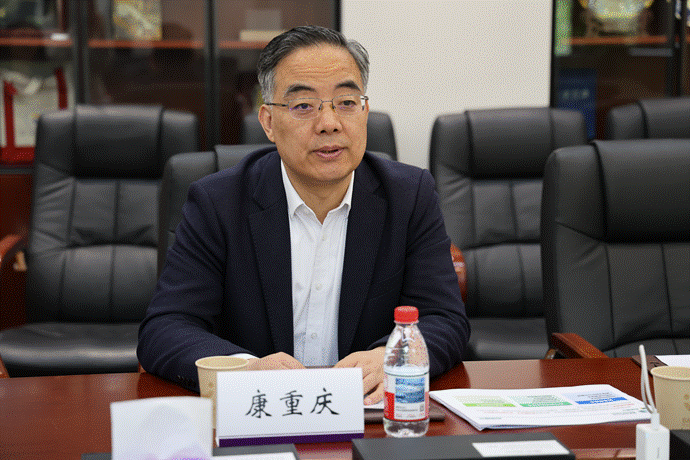
After the meeting, the SGCC DC Center delegation, accompanied by department staff, toured EEA History Museum and the Full-Scale Dynamic Simulation Laboratory, gaining firsthand insight into the department’s development and the experimental platforms and industrial applications of DC and power electronics technologies at the laboratory.
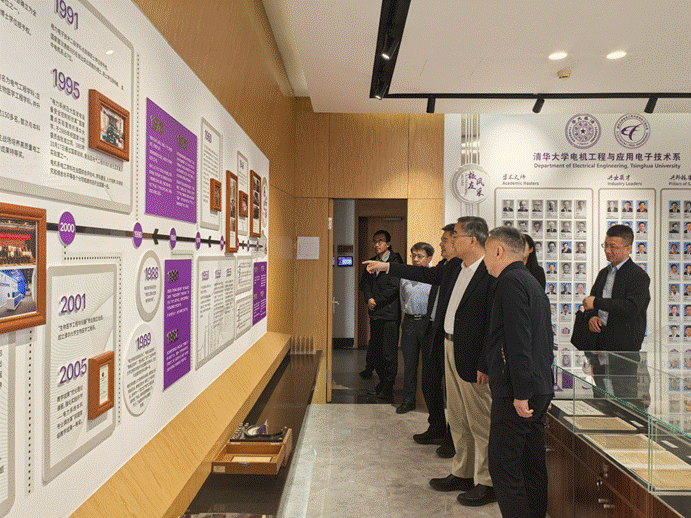
This exchange laid a solid foundation for deepened cooperation between the SGCC DC Center and EEA at Tsinghua University. Both parties agreed to take this exchange as a starting point to establish a regular communication mechanism and formulate concrete cooperation plans in Party building, joint research, and talent cultivation, jointly promoting technological innovation and industry progress in the energy and power sector.
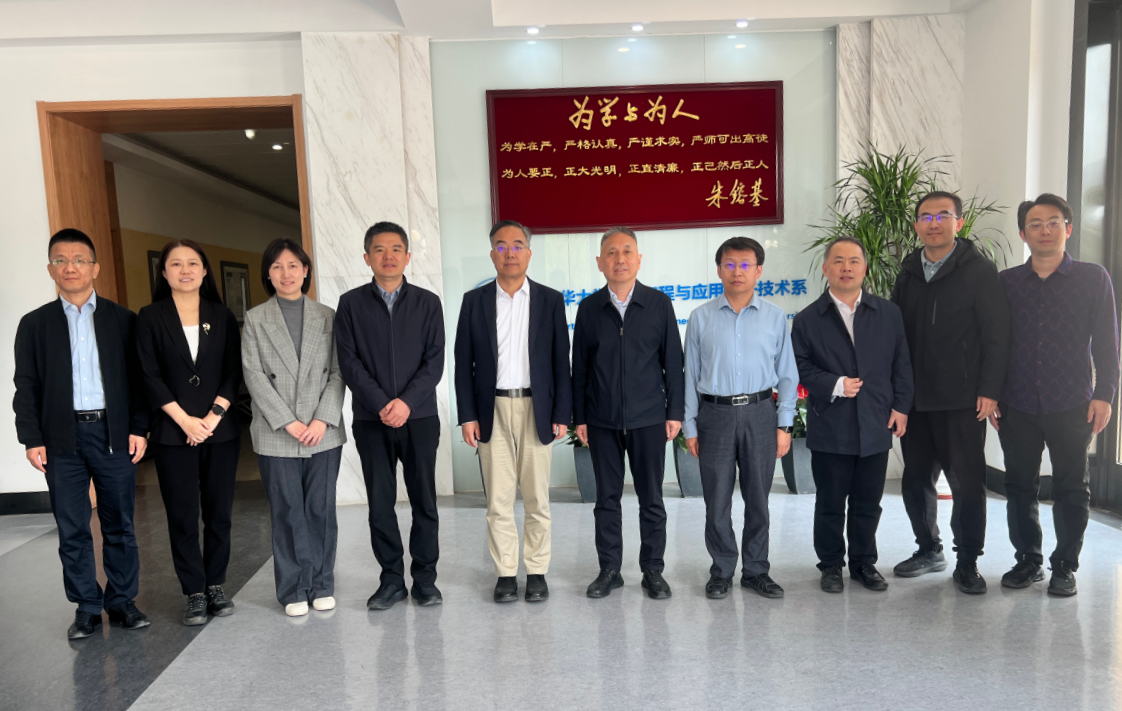

















 News & Events
News & Events